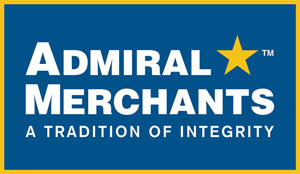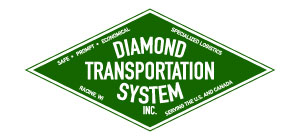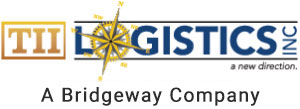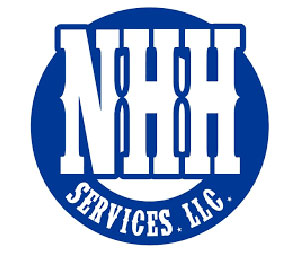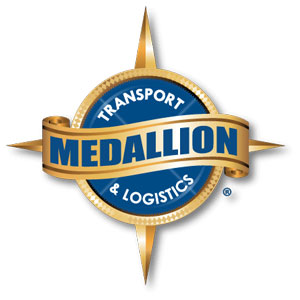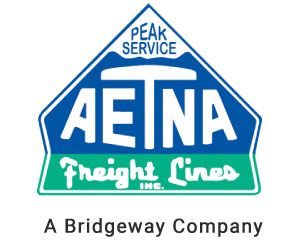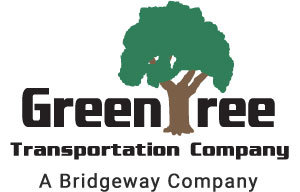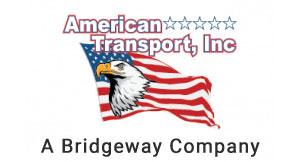What is a Logistics Company & How Does it Help My Business?
In its broadest sense, logistics is comprised of managing the flow of materials between a specific point of origin and all those points of distribution or consumption that are necessary to meet customer demand. The management of logistics generally includes such resources as equipment, supplies, materials, and several other items that are considered “consumable.”
The activities involved with coordination typically include material handling, production, inventory, packaging, the flow of information, transportation between points, warehousing, and security for all of the goods involved. Coordination is one major component of supply chain administration, which is responsible for the overall flow and storage of goods between points of origin and points of consumption.
The goal of efficient conduct of logistics is the minimization of resources, which allows for the incurring of less expense while achieving a maximum flow of goods. In order to achieve the most efficient coordination, models are commonly built and analyzed so that efficiencies can be discovered and taken advantage of wherever they may exist.
What are logistics and transportation management systems?
While freight transport is an essential part of any transportation administration system, it is incomplete without several other components that serve to facilitate transit. One of these necessary components is an internal dispatch system, which can be adapted to whatever circumstances may develop during the course of freight transit.
Even when everything is going according to plan, it’s necessary to have a schedule for picking up loads or coordinating LTL pickups. An internal dispatch system proves most valuable in its ability to adapt to changing requirements and changing schedules, so as to keep freight transport flowing smoothly no matter the circumstances.
Another essential component of any coordination and transportation management system (or TMS) is the powerful ability to track freight during the transport process. Knowing exactly where freight is at any point in time is critical so that all points along the supply chain management network can be aware of when to expect delivery.
One other beneficial aspect of a good transport management network is its ability to be integrated with software systems from distribution points within the supply chain. In order to accomplish this, a transportation management network uses an open API format that allows it to link to various companies’ websites so that invoices can be processed quickly and information becomes available in real-time. Because of the integration factor, it’s also necessary to ensure that a high level of security is maintained so that no business-critical data is compromised.
In order to be as efficient as possible, it will always be necessary to reduce or eliminate wasted runs and costly deadheads, and this is another feature that can be effectively managed by a good TMS. An effective transport administration system will have access to multiple load boards, and that will keep freight vehicles operating at their most efficient capacity. While employing these efficiencies, all DOT standards are still being complied with, so one doesn’t have to worry about running afoul of industry standards.
[the_ad_group id=”18″]
How can logistics benefit your business?
Effective logistics can have a huge impact on any company’s bottom line, and there are a number of benefits that can be achieved with a well-implemented system. Here are some of the most important:
- Cost Savings: A good logistical system will identify areas where there is waste or inefficiency, and this will allow your company to implement better practices to save money and reduce expenses.
- Positive Business Results: Regardless of the size of your company, you can achieve positive business results by effectively coordinating your planning. When product movement is accomplished in a timely, safe, and effective manner, it always leads to benefits for your business. With a strong logistical foundation, you can expand your business to become regional, international, or even global in its presence. Because you are able to deliver products quickly and efficiently, you become capable of supporting customers all over the world.
- Creating Value: With a good network of coordination, your products can be made available to a broader group of companies and individuals, thereby creating value for all of your customers. Because you can ensure the availability of merchandise to all your customers, you thereby create additional value for both customers and for your company.
- Improved Efficiency: Since global trade is increasing in popularity, logistics has taken on an even greater role as companies establish partnerships that require increased use of transportation and warehousing. In some cases, transport and warehousing is outsourced so as to increase business efficiency, with even faster delivery as a result.
- Delivery Accuracy: With increased emphasis being placed on quick shipments and deliveries, there is also increased significance of coordination and transportation management systems. Even short-time requirements can be fulfilled accurately, and the right products can be delivered to the right locations consistently when a sophisticated logistics system is monitoring the entire process.
- Critical for Supply Chain Success: A good supply chain has a huge impact on sales and profits. Without well-organized logistics, it simply would not be possible for any supply chain network to be effective. Coordination opens the door to building a positive advantage in the distribution of goods and the satisfaction of transportation requirements.
Final Thoughts
One of the greatest sources of cost savings that your business can look into today is in the area of logistics and transportation management systems — specifically via the outsourcing of those functions to a reputable and experienced freight brokerage that has expertise in both areas. Osage Specialized Transport is one such organization and one of the very best companies in the industry for transportation management. If you’re ready to enter the 21st century (just in time for the 22nd!) with your systems for transportation administration, you should contact us at your earliest opportunity so we can discuss some options for achieving greater efficiencies for your company — both now and in the future. Osage Specialized Transport wants to help you take your business as far as it can go!


